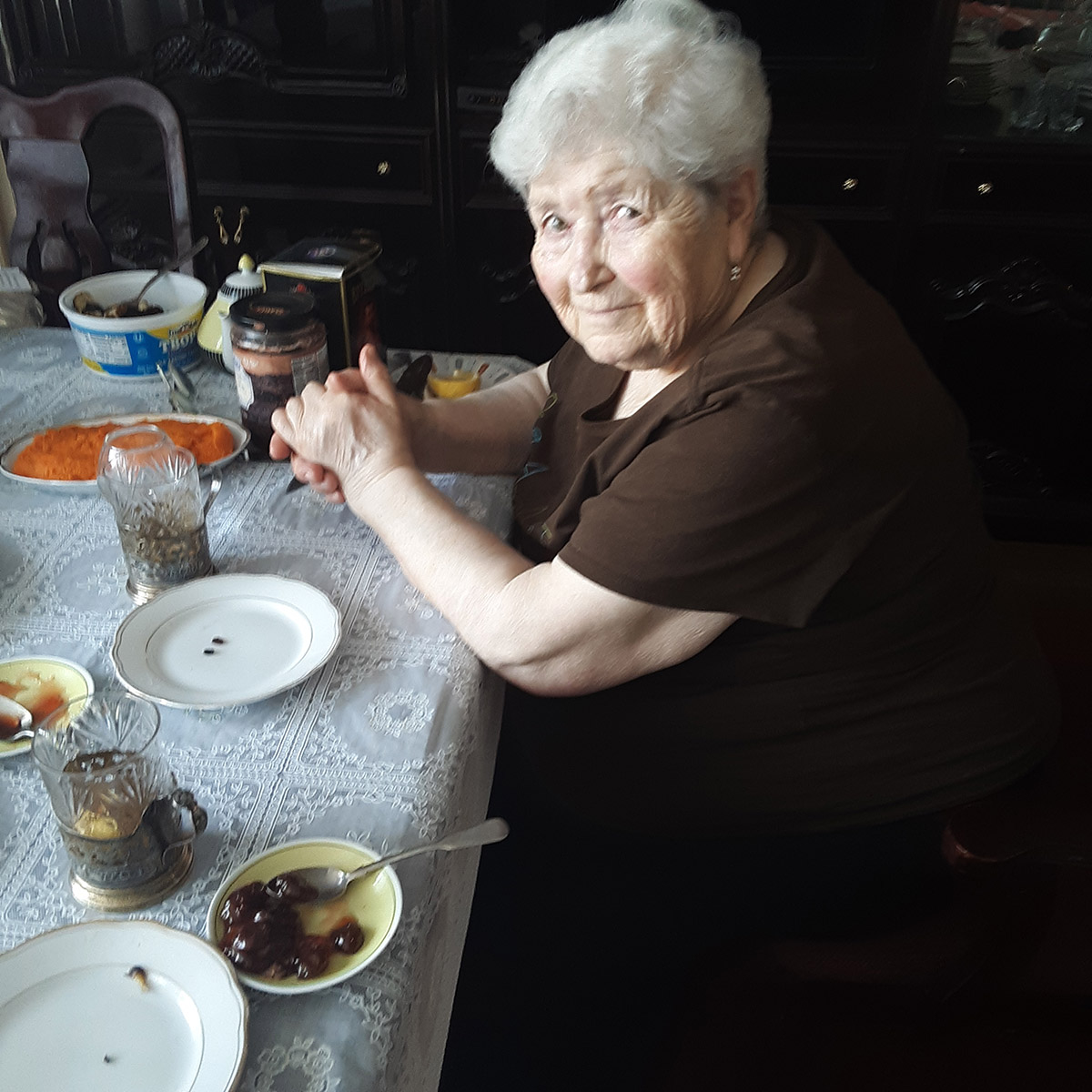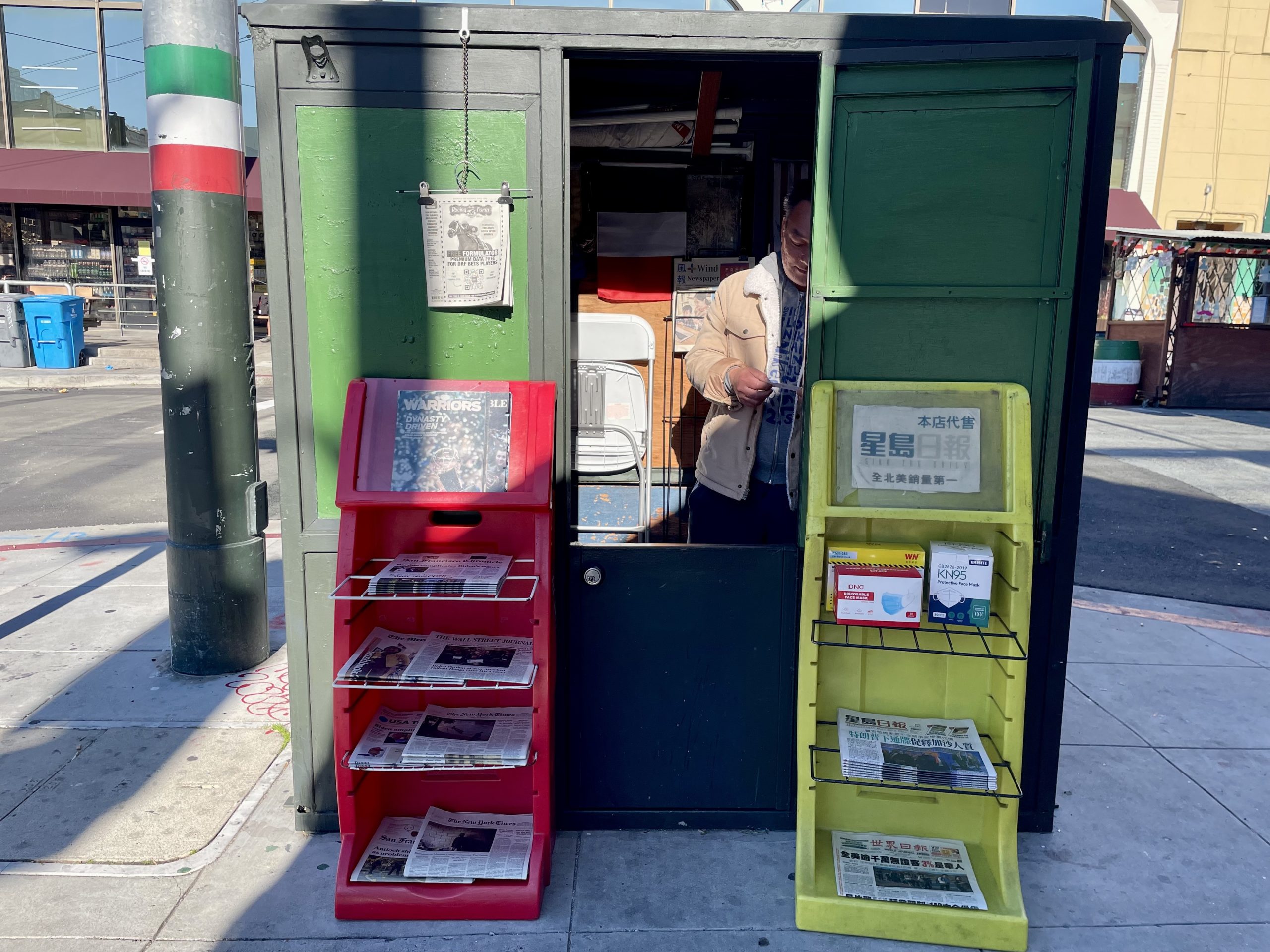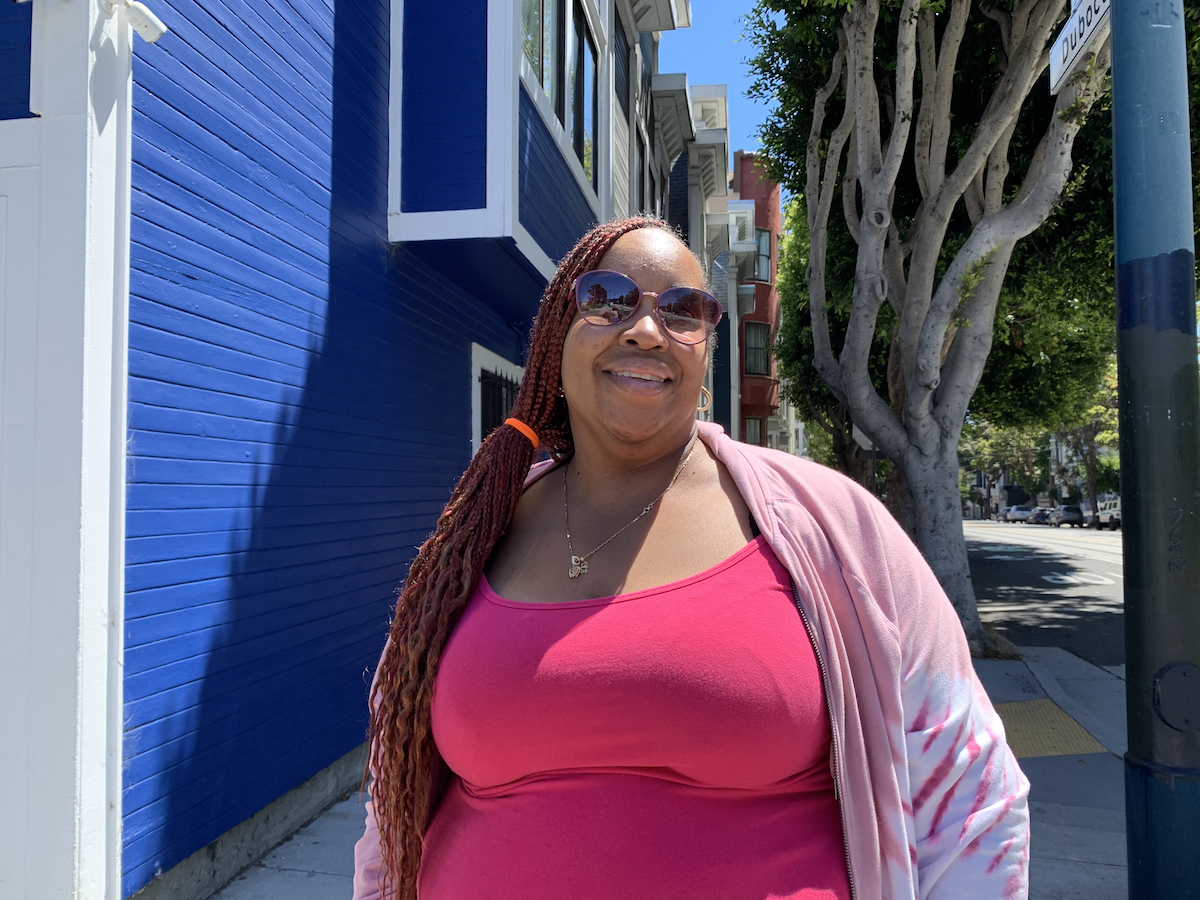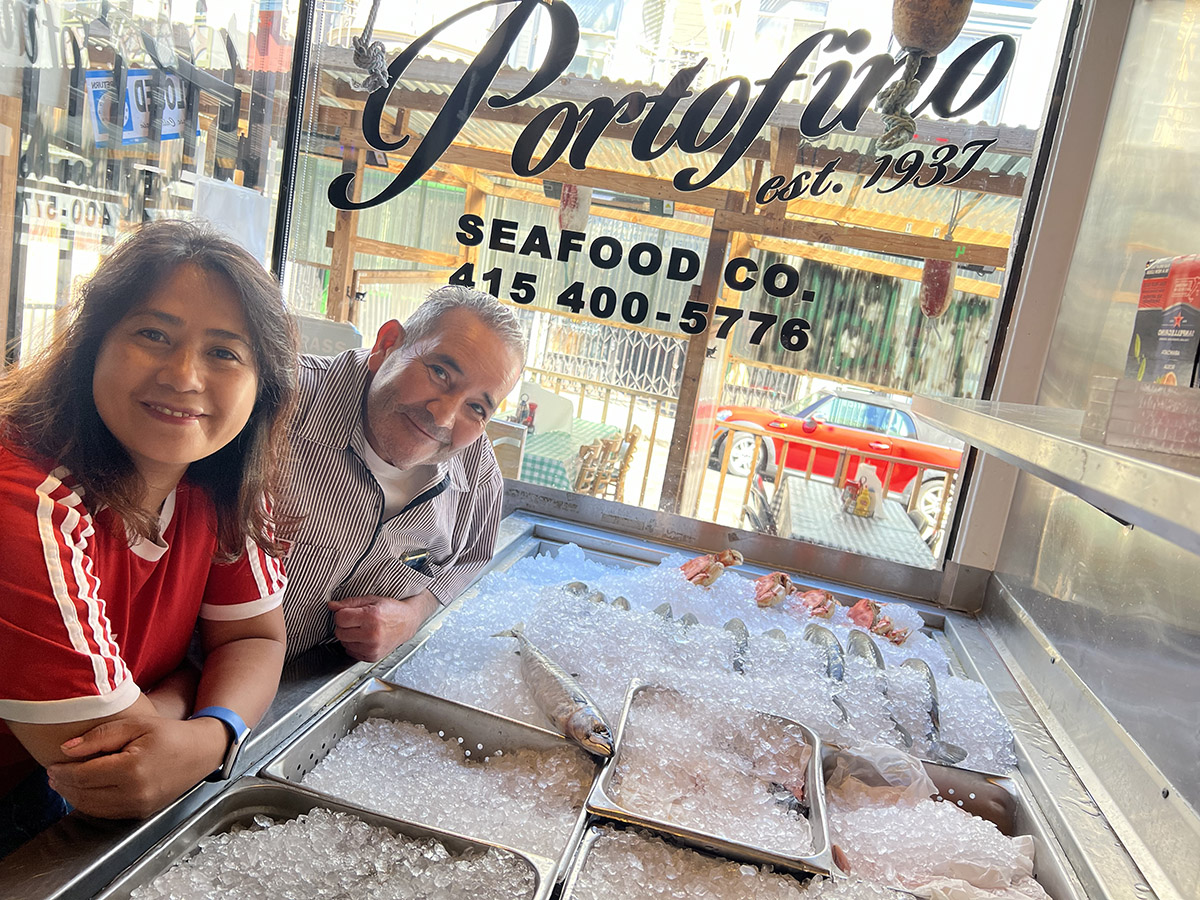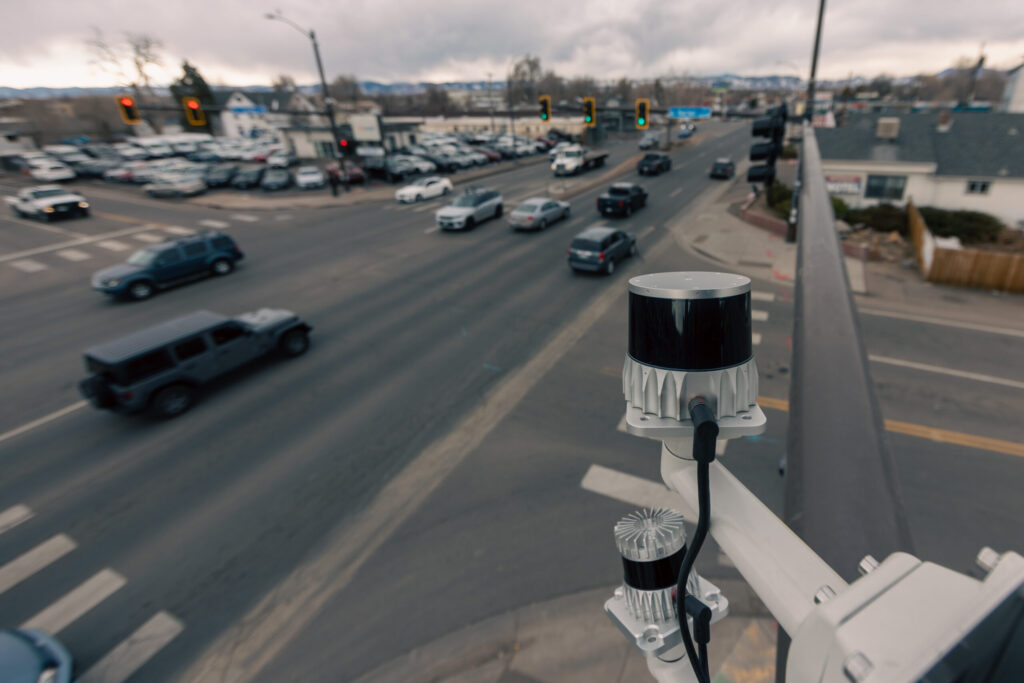[ad_1]
It didn’t bother Shulamis Koyfman that her family thought she’d probably fail the California Board of Nursing licensing exam; she thought so, too. After all, she was 65, she’d lived in the United States for only three years and her English was, she recalls, not so hot.
“Honestly, I was 100 percent sure I would fail, but I said to myself, ‘Well, I will try, I will try.’ I can at least say I tried. I was ready to do any work when I came here, but of course I preferred my profession.”
I met Koyfman, a pediatric nurse in her native Moldova for 40 years, the month she arrived in San Francisco with her grown son, Iosif, in 1997 to join her daughter, son-in-law and grandson. I worked with refugees from the former Soviet Union. She was then 62, recently widowed and all her relatives had left Moldova. One sister and family were already settled in Israel; the other was in New York. No one was left.
Koyfman met the challenge of learning English and preparing for the nursing exam with rigor and a complete lack of self-pity, qualities that had helped her survive the tumultuous war years, antisemitism, hunger, collectivization, poverty and displacement. She had been evacuated with her family by the Soviets to Kazakhstan in 1941, then repatriated to Moldova after the war ended in 1945, banished to Siberia because her father had owned a store, and finally allowed to return to Moldova after Stalin’s death.
She remembers her first years in America, when she and Iosif lived together on refugee cash assistance and could only afford a dark converted garage in the foggy part of San Francisco. If she felt badly, she would say to herself, “You are not hungry. This is not Siberia. You are not in exile with no toilet and no heat.”
Two months after arriving, she went to work as a babysitter.
She enrolled in English classes at the Jewish Vocational Service and took a Certified Nurse Assistant course. “My first goal was to earn money, of course, but most important to me, through working, I could meet Americans and learn real English.”
Babysitting turned out to be not such a bad gig. “I am so lucky: I worked at the fanciest hotels on Union Square, babysitting for wealthy tourists, and I worked for poor families with disabled children. I won’t forget the Mexican family whose son had cerebral palsy: four lived in one room with their bedridden child. I was so moved; they kept that little room so clean, and their child was so loved and cared for,” she said.
“I couldn’t speak Spanish, just Yiddish, Russian, English, Moldovan, but Moldovan was a little like Spanish, so I understood them.”
Today, at 89, Koyfman speaks English clearly, with a slight accent. “Back then, my accent, oh my accent.” She asked one woman in Mill Valley why she had hired her; didn’t she worry that her son would mimic her incorrect English? She didn’t. She wanted him to pick up some Russian. “With that child, I went to the park three times a week. In my whole life, I never had time to sit in a park, and here I am being paid to sit in the park!”
Iosif, her son, started out washing dishes, but then found stable work as a security guard. They moved into a subsidized apartment on McAllister Street. She earned a nursing assistant certificate and went to work as a caregiver for some of the most marginalized older adults in San Francisco.
“My first adult client was an alcoholic and drug addict in his 50s who lived in an SRO on Hyde Street in the Tenderloin. He told me he was an old hippie. He was so educated and intelligent,” she said. “Thanks to him, I learned to talk in full sentences.”
“He was a ‘hermaphrodit’ [a Russian word for a transgender person].” He helped her understand and translate official documents. “When his mom visited from Minnesota, he brought her to visit me, to my garage. I baked Jewish pastries for them.”
By 2000, Koyfman had taken a four-month refresher course for émigré nurses at Mt. Zion Hospital. She submitted her diploma and transcripts from her graduation 50 years earlier to the Board of Licensed Vocational Nursing in Sacramento and was accepted to sit for the exam.
“Every job I had, I took my textbooks with me. If the children slept, I studied,” she said. “After I cleaned the house and folded the laundry, I studied. On the long bus rides to get to my clients, I studied.”

She was still skeptical she would pass, because the test questions weren’t only about medicine, but how to react in various situations. “They are tricky. I had to understand what they wanted from me, in those questions.”
Waiting for a Muni bus after taking the exam in the summer of 2000, she burst into tears. “I was so nervous, and I’d put so much pressure on myself and was sure I’d failed. I thought, ‘What do I need this burden for?’”
Then she dried her tears and went to work in the Tenderloin.
Four weeks later, she opened the plain white envelope and read the results in disbelief. “I called my American client; I asked her, ‘Can you tell me what this means?’ ‘You have PASSED.’”
At 65, she felt too old to work in a nursing home or hospital. In-home care suited Koyfman. Two days a week, she worked with disabled children. “My son and I felt rich. We had enough to live on and to take trips,” she said. They went twice to Israel, on a cruise to Mexico and one to Alaska, and they returned to Moldova to visit her husband’s grave. “Those were the best years.”
Then, in 2003, she was knocked to the ground by a homeless woman on Market Street and broke her hip. After surgery and rehab, she decided it was time to retire.
“My doctor said to me, ‘That’s enough, Shulamis,” she said. “I was very sad to stop working, but I limped now; my leg was not strong.”
Koyfman continued taking English classes at the Jewish Family and Children’s Services, visiting and socializing with friends she made in class, even taking some bus tours. She found time to attend synagogue services. Then, in 2012, her son, roommate and traveling companion, died suddenly of a stroke at the age of 46. “That was the worst of all things of my life,” she said. “I told myself I had to keep living for Rosa, my daughter and her family. I had to keep going.”
In late 2020, she lost her disabled grandson to Covid-19.
That’s all she says about that. She wants to say what is good, now, in her life:
- She is well and, like all the elderly residents of her subsidized apartment complex, is vaccinated and has survived Covid.
- Every Friday, a rabbi delivers fresh challah to her and other Jewish residents.
- Every day, she talks to her sister in Israel on WhatsApp.
- She makes strawberry jam with dollar boxes of bruised strawberries from Safeway. And apple blintzes with old apples.
- And she still can remember all her former patients with gratitude, and thanks them for helping her discover America.
[ad_2]
Source: missionlocal.org

